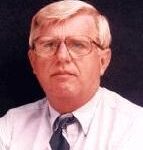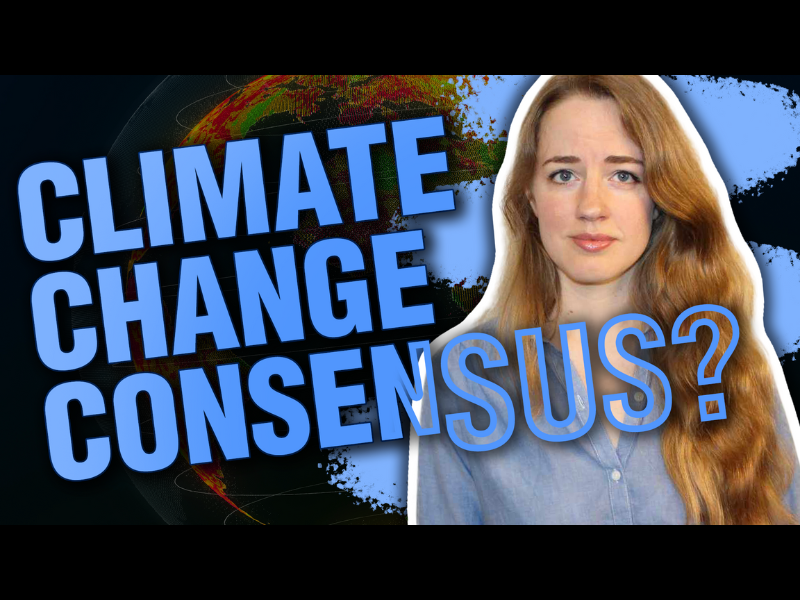Today, the Nebraska Public Service Commission voted three to two on Monday to approve TransCanada’s route for the nearly 1,200-mile Keystone XL Pipeline, the final major regulatory hurdle needed to complete the project. If the Keystone XL Pipeline is built, it will transport oil from the Alberta tar sands to refineries in the United States. The fight for approval is not entirely over, however, because environmental groups can appeal the commission’s decision in the state’s District Court.
The following statements from energy and environment experts at The Heartland Institute – a free-market think tank – may be used for attribution. For more comments, refer to the contact information below. To book a Heartland guest on your program, please contact Media Specialist Billy Aouste at [email protected] and 312/377-4000 or (cell) 847/445-7554.
“Since I worked for years in Congress to allow Keystone XL to move forward, this is a very welcome decision. Thanks to President Donald Trump and Environmental Protection Agency head Scott Pruitt, no longer do fake environmental concerns hold up projects such as these.”
Tim Huelskamp, Ph.D.
President, The Heartland Institute
[email protected]
312/377-4000
Dr. Huelskamp represented Kansas’ 1st District in the House of Representatives from 2011 to 2017.
“The Nebraska Public Service Commission made the right decision by clearing the way for the Keystone XL Pipeline to be built. The decision comes amid a recent spill of 210,000 gallons of oil along a section of the Keystone Pipeline completed in 2011.
“Despite claims by environmental groups that the spill proves that pipelines are dangerous, the spill proves how safe pipelines have become. There are 42 gallons in every barrel of oil, which means the recent spill was approximately 5,000 barrels. The section of Keystone that experienced the spill transports approximately 410 barrels of oil per minute. This means the leak was detected and the line was shut down in approximately 12 minutes, which is less time than it takes the police to respond to 911 calls in many parts of the country.”
Isaac Orr
Research Fellow, Energy and Environmental Policy
The Heartland Institute
[email protected]
312/377-4000
“One small step for North American energy dominance, one giant leap for the Keystone XL Pipeline. Pipelines are the safest way to transport oil and gas, and Canada is the United States’ most secure energy partner. The Keystone XL Pipeline never should have been controversial in the first place; it was only made so by former President Barack Obama’s inane quest to control the weather by restricting Americans’ access to fossil fuels.
“With President Donald Trump, we have a new sheriff in town – one who recognizes there is limited real-world evidence available showing humans are causing dangerous climate change and one that rightfully believes energy is the lifeblood of economic progress. Trump signed off on Keystone, leaving the State of Nebraska as the final player required to approve the pipeline route. If the pipeline is built, oil will flow through the pipeline from Canada to refineries in the United States, creating jobs all along the way.
“Hooray for Nebraska! In the words immortal words of Larry the Cable Guy, ‘Git-R-Done!'”
H. Sterling Burnett
Research Fellow, Environment & Energy Policy
The Heartland Institute
Managing Editor, Environment & Climate News
[email protected]
214/909-2368
“The approval of the Keystone XL Pipeline by the State of Nebraska is a big win for both America and Canada, one of the United States’ primary trade partners. More importantly, today’s decision and the other executive actions showing strong support of the energy industry by the Trump administration indicates important energy projects will no longer be held up for political or baseless ideological reasons. This sends a strong positive signal to businesses and will likely lead to increased economic growth.”
Bette Grande
Research Fellow, Energy Policy
The Heartland Institute
[email protected]
312/377-4000
Ms. Grande represented the 41st District in the North Dakota Legislature from 1996 to 2014.
“It is a good day for Canada and the United States. The primary opposition to the Keystone XL project has always come from activists concerned that the pipeline will encourage the development of Canada’s oil sands, and thereby contribute to the so-called ‘climate crisis.’
“The climate scare is based on model projections of the future that have been repeatedly shown to fail. Speaking at The Heartland Institute’s America First Energy Conference in November, University of Delaware climatology professor Dr. David Legates showed a plot of the output of 101 climate models, commenting, ‘One hundred of those models overpredict current conditions by about a factor of two. … The models overstate the case for greenhouse warming.'”
Tom Harris
Executive Director, International Climate Science Coalition
Policy Advisor, Energy and Environment
The Heartland Institute
[email protected]
312/377-4000
“Nothing would satisfy me more than to see the Keystone XL Pipeline approved and built. It is about time the war against pipelines ends for good.”
Patrick Moore
Co-Founder, Greenpeace
Policy Advisor, The Heartland Institute
[email protected]
312/377-4000
“Good thing Sens. John McCain, Jeff Flake, and Susan Collins are not Nebraska Public Service Commission members!”
Paul Crovo
Energy Analyst, Policy Advisor
The Heartland Institute
[email protected]
215/499-9117
“The Nebraska Public Service Commission should be congratulated for giving the final approval for construction of the 1,200-mile Keystone XL Pipeline. This pipeline enables carrying 900,000 barrels of oil per day from Alberta Canada and North Dakota to refineries in the U.S. Gulf area. If built, the pipeline will reduce the need for more than 1,000 rail tank cars per day to transport the oil, which is very important because pipeline transportation is far safer than rail or truck tanker transportation. By relying more heavily on pipelines, many lives will likely be saved each year.”
James H. Rust
Professor of Nuclear Engineering (ret.), Georgia Tech
Policy Advisor, Energy & Environment
The Heartland Institute
[email protected]
404/875-3874
“A notable point about language: Politicians have referred to the ‘Canadian tar sands’ for the same reasons they try to link carbon dioxide to coal by calling CO2 ‘carbon.’ The proper term for the bitumen in question is ‘oil sands,’ not ‘tar sands.’ I have actually examined these oil sands. Believe me, it looks oily, not tar-like.”
Christopher Essex
Professor, Department of Applied Mathematics
University of Western Ontario
Policy Advisor, The Heartland Institute
[email protected]
519/661-3649
“In recent years, the so-called ‘environmentalists’ have increasingly become obstructionists. They have little or no concern for the economic welfare of the United States, or even protecting the environment.
“It is very clear oil pipelines are a safer way to transport oil than trains, but environmentalists continue to make construction of oil pipelines difficult, if not impossible. The line between promoting legitimate environmental concerns and obstructionism is sometimes hard to draw, but in this case, environmentalists have long since crossed the line into dogmatic obstructionism. Such obstructionism serves the purposes of no one, so I hope environmentalists will not pursue further efforts to stop construction of the Keystone XL Pipeline, which has already been delayed for far too long.”
Alan Carlin
Environmental Economist, Scientist (ret.)
Environmental Protection Agency
Policy Advisor, The Heartland Institute
[email protected]
312/377-4000












